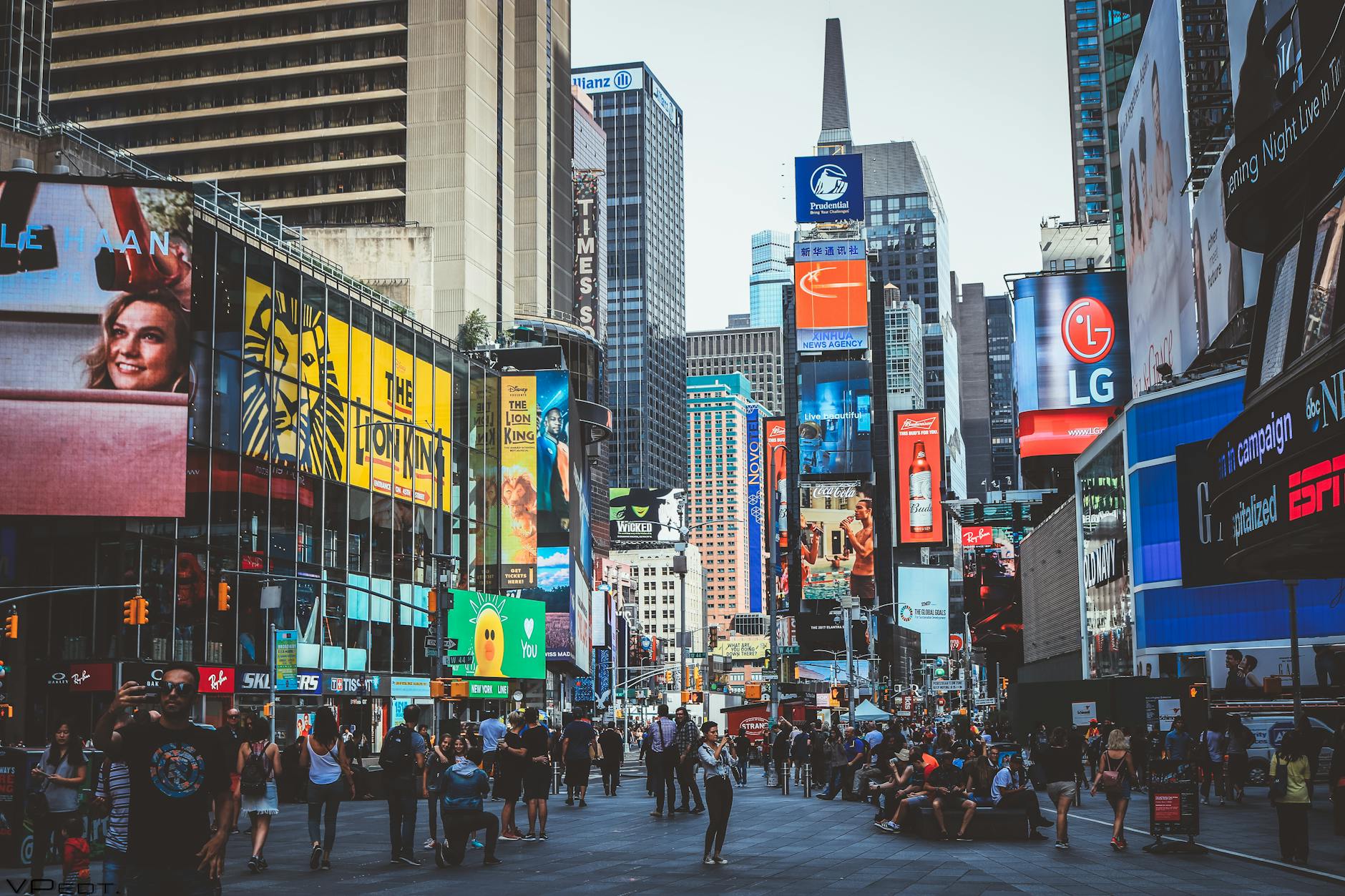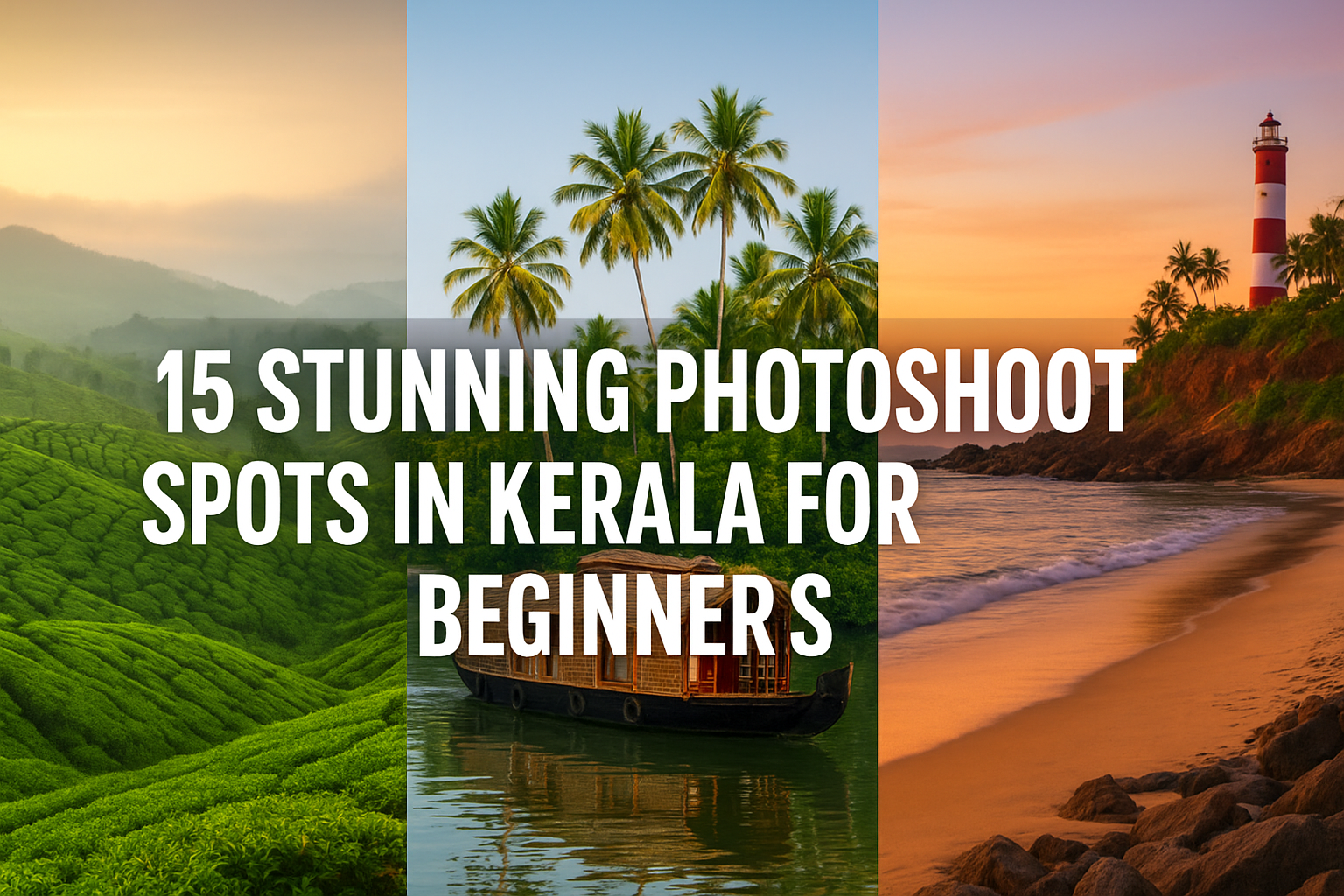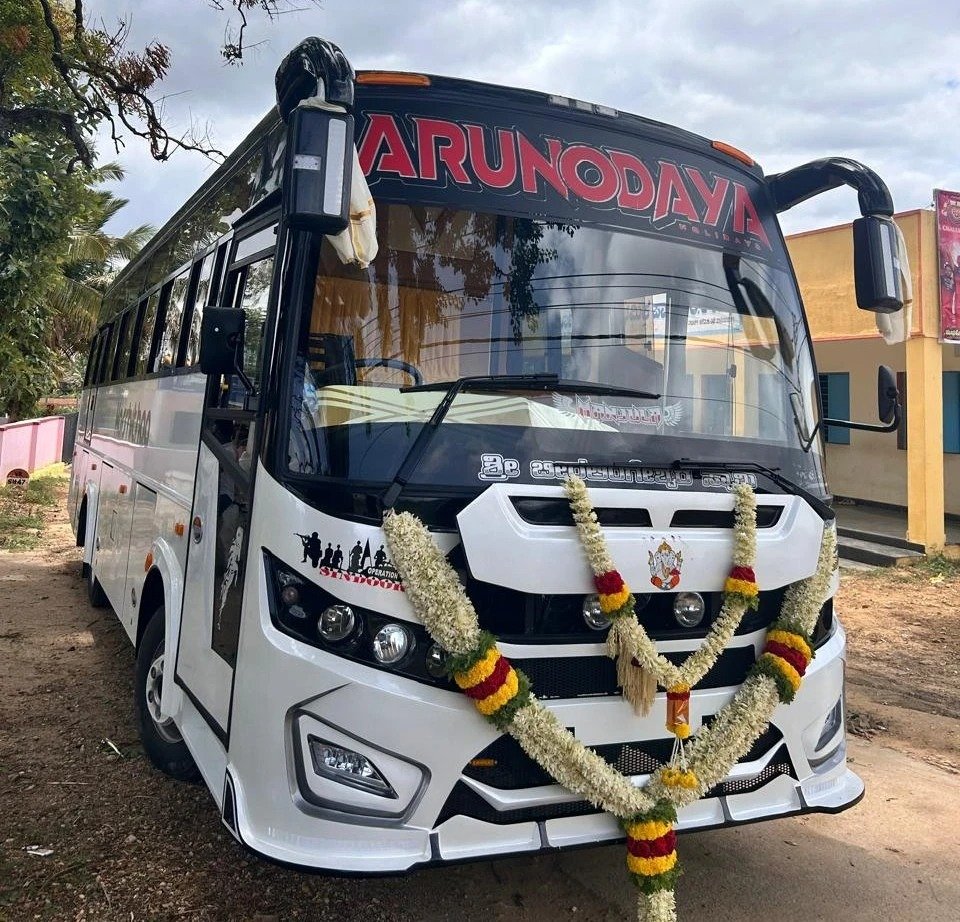
Travel Agency Marketing: Step-by-Step Guide to Digital Success
Picture this: You’re a travel agency owner, surrounded by breathtaking photos of exotic destinations, yet your booking calendar remains eerily empty. 😕 In today’s digital age, where wanderlust-filled travelers are just a click away from their next adventure, why isn’t your travel agency marketing attracting them?
The answer lies in the art of travel agency marketing. In a world where Instagram influencers and travel bloggers seem to dominate the industry, traditional agencies must evolve or risk becoming obsolete. But fear not! With the right strategies, your travel agency can not only survive but thrive in this competitive landscape. 🌟
From defining your target audience to leveraging cutting-edge technology, this blog post will guide you through seven essential steps to revitalize your travel agency’s marketing efforts. Get ready to embark on a journey that will transform your business and have travelers lining up at your virtual doorstep!
Define Your Target Audience
A. Identify ideal customer demographics
To effectively market your travel agency, it’s crucial to identify your ideal customer demographics. This process involves analyzing various factors that define your target audience. Consider the following key demographic attributes:
- Age range
- Income level
- Marital status
- Occupation
- Education level
- Geographic location
By understanding these demographics, you can tailor your marketing efforts to reach the right audience. For example, if your agency specializes in luxury travel, you might focus on high-income professionals aged 35-55 who value exclusive experiences.
Here’s a sample demographic breakdown for different types of travel agencies:
| Agency Type | Age Range | Income Level | Marital Status | Typical Occupation |
|---|---|---|---|---|
| Budget | 18-30 | $30k-$50k | Single/Couples | Students/Entry-level |
| Family | 30-50 | $70k-$120k | Married w/ Kids | Mid-career professionals |
| Luxury | 40-65 | $150k+ | Married/Empty Nesters | Executives/Business Owners |
| Adventure | 25-45 | $60k-$100k | Single/Couples | Outdoor enthusiasts |
B. Understand travel preferences and behaviors
Once you’ve identified your ideal customer demographics, dive deeper into their travel preferences and behaviors. This information will help you create more targeted and appealing offers. Consider the following aspects:
- Preferred destinations
- Travel frequency
- Booking habits (early planners vs. last-minute bookers)
- Average trip duration
- Accommodation preferences
- Transportation choices
- Activity interests (e.g., cultural experiences, adventure sports, relaxation)
- Read – How to Make a Travel Blog Website
Conduct surveys, analyze booking data, and engage with your existing customers to gather this valuable information. Use social media listening tools to understand trending travel topics and preferences among your target audience.
C. Create detailed buyer personas
With the gathered demographic information and travel preferences, create detailed buyer personas to represent your ideal customers. These fictional characters will help you visualize and understand your target audience better. Include the following elements in your buyer personas:
- Name and photo (to make the persona more relatable)
- Demographic details
- Job title and career path
- Goals and challenges
- Travel preferences and behaviors
- Preferred communication channels
- Decision-making factors for travel bookings
Here’s an example of a buyer persona for a luxury travel agency:
- Name: Emily Thompson
- Age: 42
- Occupation: Marketing Director
- Income: $180,000/year
- Marital Status: Married, two children (ages 10 and 12)
- Travel Preferences: Luxury resorts, cultural experiences, family-friendly activities
- Booking Behavior: Plans trips 3-6 months in advance, values personalized service
- Decision Factors: Exclusive experiences, child-friendly options, high-end amenities
By creating detailed buyer personas, you can tailor your marketing messages, choose appropriate channels, and develop travel packages that resonate with your target audience. This targeted approach will improve your marketing effectiveness and help you attract and retain ideal customers for your travel agency.
Develop a Strong Online Presence
Design a user-friendly website
A user-friendly website is the cornerstone of your travel agency’s online presence. It serves as a virtual storefront, showcasing your offerings and enticing potential customers. To create an effective website, consider the following elements:
- Intuitive navigation
- Mobile responsiveness
- Fast loading times
- High-quality visuals
- Clear call-to-action buttons
Here’s a comparison of key features for an effective travel agency website:
| Feature | Importance | Impact on User Experience |
|---|---|---|
| Easy booking process | High | Increases conversions |
| Destination guides | Medium | Provides value and builds trust |
| Customer reviews | High | Boosts credibility |
| Live chat support | Medium | Enhances customer service |
| Virtual tours | Low | Adds engagement and interactivity |
Optimize for search engines (SEO)
To ensure your travel agency’s website ranks well in search engine results, implement these SEO best practices:
- Conduct keyword research focused on travel-related terms
- Optimize page titles, meta descriptions, and headers
- Create high-quality, relevant content
- Build quality backlinks from reputable travel sites
- Improve site speed and mobile-friendliness
Leverage social media platforms
Social media is a powerful tool for travel agency marketing. Utilize platforms like Instagram, Facebook, and Pinterest to:
- Share stunning travel photos and videos
- Engage with potential customers through comments and direct messages
- Run targeted advertising campaigns
- Showcase customer testimonials and travel experiences
- Promote special offers and last-minute deals
Implement email marketing campaigns
Email marketing remains an effective strategy for nurturing leads and retaining customers. Create engaging email campaigns that:
- Personalize content based on customer preferences
- Highlight exclusive deals and promotions
- Share travel tips and destination guides
- Feature visually appealing images and videos
- Include clear call-to-action buttons for easy booking
By focusing on these key aspects of developing a strong online presence, your travel agency can effectively reach and engage potential customers in the digital space. Remember to continuously monitor and analyze your online performance, making adjustments as needed to optimize your digital marketing efforts.
Now that we’ve covered the essentials of building a robust online presence, let’s explore how showcasing unique travel experiences can set your agency apart from the competition.
Showcase Unique Travel Experiences
Highlight exclusive destinations
In the competitive world of travel agency marketing, offering unique and exclusive destinations can set your agency apart from the rest. By curating a selection of off-the-beaten-path locations, you can attract adventurous travelers seeking extraordinary experiences.
Consider partnering with local guides and boutique accommodations in lesser-known areas to create truly exclusive offerings. For example, instead of promoting typical beach resorts, showcase hidden coves accessible only by boat or secluded mountain retreats nestled in untouched wilderness.
| Destination Type | Example | Unique Selling Point |
|---|---|---|
| Remote Island | Socotra, Yemen | Otherworldly landscapes and endemic species |
| Hidden City | Guanajuato, Mexico | Colorful architecture and underground tunnels |
| Eco-Lodge | Pacuare Lodge, Costa Rica | Sustainable luxury in pristine rainforest |
| Ghost Town | Kolmanskop, Namibia | Abandoned diamond mining town reclaimed by desert |
By highlighting these exclusive destinations, you’ll appeal to travelers looking for one-of-a-kind experiences and position your agency as an expert in unique travel offerings.
Offer customized itineraries
Personalization is key in modern travel agency marketing. By offering customized itineraries, you cater to the individual preferences and needs of your clients, enhancing their overall travel experience.
To create truly personalized itineraries:
- Conduct in-depth consultations with clients to understand their interests, travel style, and budget
- Utilize your expertise to suggest unique activities and accommodations that align with their preferences
- Incorporate flexibility into the itinerary to allow for spontaneous exploration
- Include a mix of popular attractions and off-the-beaten-path experiences
Consider using technology to streamline the customization process. Implement a user-friendly interface on your website where clients can input their preferences and receive tailored suggestions. This not only enhances the customer experience but also showcases your agency’s commitment to personalization.
Feature customer testimonials and reviews
Nothing speaks louder than satisfied customers when it comes to travel agency marketing. Featuring authentic testimonials and reviews can significantly boost your credibility and attract new clients.
To effectively showcase customer experiences:
- Create a dedicated section on your website for testimonials and reviews
- Include photos or videos of clients enjoying their trips
- Highlight specific aspects of the travel experience that customers loved
- Encourage clients to share their experiences on social media using a branded hashtag
Consider creating a visual testimonial wall using a grid layout:
| Client Name | Destination | Quote |
|---|---|---|
| Sarah T. | Bali, Indonesia | “The customized yoga retreat exceeded all my expectations!” |
| Michael R. | Patagonia, Chile | “Our guide’s local knowledge made this the trip of a lifetime.” |
| Emma L. | Marrakech, Morocco | “The exclusive riad stay was pure magic. Thank you!” |
| David K. | Santorini, Greece | “The sunset cruise you arranged was unforgettable.” |
By showcasing these unique travel experiences, offering customized itineraries, and featuring customer testimonials, you’ll create a compelling narrative that sets your travel agency apart. These strategies not only highlight your expertise but also build trust with potential clients, encouraging them to choose your agency for their next adventure.
Utilize Content Marketing Strategies
Create engaging travel blog posts
Travel blog posts are a cornerstone of content marketing for travel agencies. They not only showcase your expertise but also inspire potential customers to book their next adventure. To create engaging travel blog posts:
- Focus on unique angles and personal experiences
- Use vivid descriptions to transport readers to the destination
- Include practical tips and insider information
- Incorporate high-quality images and videos
- Optimize for SEO with relevant keywords
Here’s a sample structure for an engaging travel blog post:
| Section | Content |
|---|---|
| Title | “10 Hidden Gems in Bali You Can’t Miss” |
| Introduction | Brief overview of Bali and why it’s special |
| Main Content | Detailed descriptions of 10 lesser-known spots |
| Practical Tips | Best times to visit, local customs, transportation |
| Conclusion | Call-to-action for booking a Bali trip |
Produce visually appealing destination guides
Destination guides are valuable resources for travelers and excellent marketing tools for travel agencies. To create visually appealing guides:
- Use high-quality images and infographics
- Include interactive maps
- Create downloadable PDFs for offline use
- Incorporate user-generated content
- Ensure mobile-friendly design
Share travel tips and insider information
Positioning your agency as a source of expert knowledge builds trust and credibility. Share travel tips and insider information through:
- Social media posts
- Email newsletters
- Downloadable checklists
- Webinars or live Q&A sessions
Focus on providing value to your audience. For example, create a “Ultimate Packing List” for different types of trips or a “Local Etiquette Guide” for popular destinations.
Develop video content for virtual tours
Video content is increasingly popular and effective in travel marketing. Virtual tours can:
- Showcase destinations in an immersive way
- Highlight unique experiences your agency offers
- Provide a behind-the-scenes look at hotels and resorts
- Feature customer testimonials and trip recaps
Consider creating a series of short, engaging videos for social media platforms like Instagram Reels or TikTok. These can quickly capture attention and inspire wanderlust in potential customers.
By implementing these content marketing strategies, travel agencies can effectively engage their target audience, showcase their expertise, and inspire bookings. Remember to consistently produce high-quality content that aligns with your brand voice and appeals to your specific target market. With a strong content marketing approach, you’ll be well-positioned to stand out in the competitive travel industry and attract more customers to your agency.
Implement Targeted Advertising

Use pay-per-click (PPC) advertising
Pay-per-click (PPC) advertising is a powerful tool for travel agencies to reach potential customers actively searching for travel-related services. By bidding on relevant keywords, your agency can appear at the top of search engine results pages, increasing visibility and driving targeted traffic to your website.
To maximize the effectiveness of your PPC campaigns:
- Choose keywords wisely: Focus on specific, long-tail keywords that reflect your agency’s unique offerings and target audience.
- Create compelling ad copy: Highlight your agency’s unique selling points and include clear calls-to-action.
- Use ad extensions: Incorporate site links, callouts, and location extensions to provide more information and increase click-through rates.
- Implement negative keywords: Exclude irrelevant search terms to improve ad relevance and reduce wasted spend.
| Platform | Advantages | Best For |
|---|---|---|
| Google Ads | Largest reach, intent-based targeting | Capturing high-intent searchers |
| Bing Ads | Lower competition, cheaper clicks | Targeting older demographics |
| Facebook Ads | Detailed audience targeting | Building brand awareness |
Explore retargeting campaigns
Retargeting allows you to re-engage potential customers who have previously interacted with your website or social media profiles. This strategy is particularly effective for travel agencies, as the decision-making process for booking trips often involves multiple touchpoints.
Key retargeting strategies include:
- Website visitor retargeting: Show ads to users who have visited specific pages on your site.
- Email list retargeting: Target past customers or newsletter subscribers with tailored offers.
- Search retargeting: Reach users who have searched for travel-related terms but haven’t visited your site yet.
Invest in social media advertising
Social media platforms offer unique opportunities for travel agencies to showcase destinations and experiences visually. Platforms like Facebook, Instagram, and Pinterest allow for highly targeted advertising based on user interests, demographics, and behaviors.
Tips for effective social media advertising:
- Use high-quality, inspiring imagery and videos
- Create carousel ads to showcase multiple destinations or packages
- Leverage user-generated content to build trust and authenticity
- Experiment with different ad formats, such as Stories or Reels
Consider influencer partnerships
Collaborating with travel influencers can significantly boost your agency’s visibility and credibility. Influencers can provide authentic, engaging content that resonates with their followers, potentially driving bookings and brand awareness.
When selecting influencers:
- Look for those whose audience aligns with your target market
- Prioritize engagement rates over follower count
- Consider micro-influencers for more niche markets or destinations
- Ensure the influencer’s values align with your brand
By implementing these targeted advertising strategies, your travel agency can effectively reach potential customers at various stages of the travel planning process. Remember to continuously monitor and optimize your campaigns based on performance data to maximize your return on investment.
Now that we’ve covered targeted advertising strategies, let’s explore how offering compelling promotions and packages can further entice potential customers and drive bookings.
Offer Compelling Promotions and Packages
Create seasonal deals and discounts
Seasonal promotions are a powerful tool in travel agency marketing. By aligning your offers with specific times of the year, you can tap into travelers’ desires and create a sense of urgency. Here are some effective strategies for creating seasonal deals:
- Off-season discounts: Offer reduced rates for destinations during their less popular months
- Holiday packages: Create special bundles for major holidays like Christmas, New Year’s, or Valentine’s Day
- Last-minute deals: Provide discounts on unsold inventory close to departure dates
- Early bird specials: Encourage early bookings with attractive rates for advance reservations
| Season | Promotion Example |
|---|---|
| Summer | “Beach Bliss” package with discounted rates on coastal resorts |
| Fall | “Autumn Adventures” with reduced prices on mountain getaways |
| Winter | “Ski & Save” deals for popular winter sports destinations |
| Spring | “Bloom & Explore” offers for cherry blossom tours in Japan |
Develop loyalty programs for repeat customers
Loyalty programs are essential for retaining customers and encouraging repeat business. A well-designed loyalty program can significantly boost your travel agency’s success. Consider these elements when developing your program:
- Points system: Award points for bookings, referrals, and social media engagement
- Tiered rewards: Offer increasingly valuable benefits as customers reach higher tiers
- Exclusive perks: Provide loyal customers with priority booking, room upgrades, or airport lounge access
- Personalized offers: Use customer data to tailor promotions to individual preferences
Bundle services for added value
Bundling services is an excellent way to provide added value to your customers while increasing your average booking value. Here are some effective bundling strategies:
- All-inclusive packages: Combine flights, accommodations, meals, and activities into one convenient price
- Transportation bundles: Offer discounted rates when booking flights and rental cars together
- Activity packages: Create themed bundles that include accommodations and popular local experiences
- Multi-destination deals: Design packages that allow travelers to visit multiple locations at a discounted rate
By implementing these strategies, you can create compelling promotions and packages that set your travel agency apart from the competition. Remember to highlight the value and convenience of your offers, and use clear, enticing language in your marketing materials to attract potential customers.
Now that we’ve explored how to create irresistible promotions and packages, let’s move on to discussing how leveraging technology can enhance the customer experience and streamline your agency’s operations.
Leverage Technology for Enhanced Customer Experience
Implement online booking systems
In today’s digital age, implementing a robust online booking system is crucial for travel agencies to enhance customer experience and stay competitive. An efficient online booking system allows customers to easily browse, select, and book their travel arrangements 24/7, without the need for direct interaction with agency staff.
Key features of an effective online booking system include:
- User-friendly interface
- Real-time availability and pricing
- Secure payment processing
- Integration with multiple travel suppliers
- Mobile responsiveness
| Feature | Benefit |
|---|---|
| User-friendly interface | Improves customer satisfaction and reduces booking abandonment |
| Real-time availability | Ensures accurate bookings and prevents overbooking |
| Secure payment processing | Builds trust and protects sensitive customer data |
| Integration with suppliers | Offers a wider range of options and competitive pricing |
| Mobile responsiveness | Allows customers to book on-the-go from any device |
Provide virtual reality travel previews
Virtual reality (VR) technology offers an innovative way to showcase destinations and experiences to potential travelers. By providing immersive VR previews, travel agencies can give customers a taste of their desired vacation before they book, increasing engagement and conversion rates.
Benefits of VR travel previews:
- Creates emotional connections with destinations
- Helps customers make informed decisions
- Differentiates your agency from competitors
- Increases booking confidence and reduces cancellations
Offer mobile apps for easy trip planning
Developing a user-friendly mobile app can significantly enhance the customer experience by providing a convenient platform for trip planning, booking, and management. A well-designed travel app should include features such as:
- Personalized travel recommendations
- Itinerary planning and management
- Real-time flight and hotel information
- Offline access to important travel documents
- In-app customer support
Use chatbots for instant customer support
Implementing AI-powered chatbots can revolutionize customer support for travel agencies. Chatbots provide instant, 24/7 assistance to customers, answering common questions, helping with bookings, and resolving issues quickly and efficiently.
Key advantages of using chatbots:
| Advantage | Description |
|---|---|
| 24/7 availability | Provides support at any time, improving customer satisfaction |
| Instant responses | Reduces wait times and improves efficiency |
| Multilingual support | Caters to a diverse customer base |
| Cost-effective | Reduces the need for large customer support teams |
| Scalability | Handles multiple inquiries simultaneously |
By leveraging these technological solutions, travel agencies can significantly enhance the customer experience, streamline operations, and stay ahead in the competitive travel industry. As we move forward, it’s essential to continuously evaluate and adopt new technologies to meet evolving customer expectations and maintain a competitive edge in the market.

Effective travel agency marketing is crucial in today’s competitive landscape. By defining your target audience, developing a strong online presence, and showcasing unique travel experiences, you can set your agency apart from the rest. Content marketing strategies and targeted advertising help you reach potential customers, while compelling promotions and packages entice them to book with you.
Leveraging technology to enhance the customer experience is the final piece of the puzzle. By implementing these strategies, your travel agency can attract more clients, build brand loyalty, and thrive in the ever-evolving travel industry. Remember, successful marketing is an ongoing process, so continually evaluate and adjust your approach to stay ahead of the curve and meet your customers’ changing needs. Check out our travel agency SEO services to boost your online visibility and attract more travelers.









